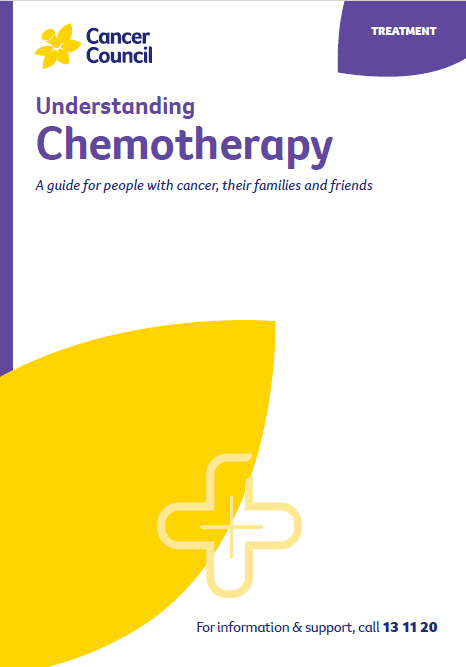- Home
- Bladder cancer
- Superficial bladder cancer treatment
- Intravesical chemotherapy
Intravesical chemotherapy
Chemotherapy uses drugs to kill or slow the growth of cancer cells. The aim is to destroy cancer cells while causing the least possible damage to healthy cells.
Chemotherapy drugs are usually injected into a vein or given as tablets. In intravesical chemotherapy, the drugs are put directly into the bladder using a catheter (a thin, flexible tube) inserted through the urethra.
Learn more about:
- When is intravesical chemotherapy used?
- How is it given?
- What are the side effects?
- Video: What is chemotherapy?
When is intravesical chemotherapy used?
Intravesical chemotherapy is used mainly for low-risk to medium-risk superficial bladder cancer. It helps prevent the cancer coming back (called a recurrence).
How is it given?
People with a low risk of recurrence usually have one instillation straight after TURBT surgery. The chemotherapy solution is left in the bladder for 1–2 hours and then drained out through a catheter or by urinating after the catheter has been removed. You may be asked to change position every 15 minutes so the solution washes over the whole bladder.
People with a medium risk of recurrence may have instillations once a week for 6 weeks. While you are having a course of intravesical chemotherapy, your doctor may advise you to use contraception.
What are the side effects?
Because intravesical chemotherapy puts the drugs directly into the bladder, it has fewer side effects than systemic chemotherapy (when the drugs spread through the whole body).
The main side effect of intravesical chemotherapy is inflammation of the bladder lining (called cystitis). Signs of cystitis include wanting to pass urine more often or having a burning feeling when urinating. Drinking plenty of fluids can help. If you develop a bladder infection, your doctor can prescribe antibiotics.
In some people, intravesical chemotherapy may cause a rash on the hands or feet. Tell your doctor if you notice any side effects while on intravesical chemotherapy.
→ READ MORE: Intravesical immunotherapy (BCG)
Video: What is chemotherapy?
Watch this short video to see Medical Oncologist Prof Fran Boyle explain more about the role of chemotherapy, how you get it, and possible side effects.
Podcast: Managing Fear
Listen to more episodes from our podcast for people affected by cancer
More resources
Dr Prassannah Satasivam, Urologist and Robotic Surgeon, Epworth Hospitals and Cabrini Hospitals, VIC; Donna Clifford, Urology Nurse Practitioner, Royal Adelaide Hospital, SA; Marc Diocera, Genitourinary Nurse Consultant, Peter MacCallum Cancer Centre, VIC; Dr Renee Finnigan, Radiation Oncologist, Gold Coast University Hospital, QLD; Lisa Hann, 13 11 20 Consultant, Cancer Council SA; Dr Andrew Hirschhorn, Director of Allied Health and MQ Health Academy, MQ Health, Macquarie University, NSW; Anne Marie Lyons, Stomal Therapy Nurse, Concord Hospital and NSW Stoma Limited, NSW; John McDonald, Consumer; Prof Manish Patel, Urological Cancer and Robotic Surgeon, Westmead Hospital, Macquarie University Hospital, and The University of Sydney, NSW; Dr Jason Paterdis, Urological Surgeon, Brisbane Urology Clinic, QLD; Graeme Sissing, Consumer; Prof Martin Stockler, Medical Oncologist, The University of Sydney, Concord Cancer Centre, and Chris O’Brien Lifehouse RPA, NSW.
View the Cancer Council NSW editorial policy.
View all publications or call 13 11 20 for free printed copies.

